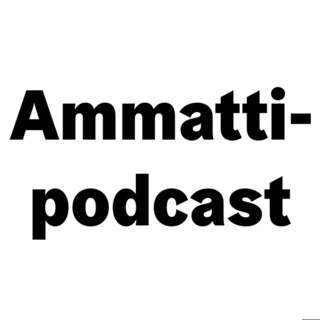
Andrew Sheets: The Dangers of Cheering for Weaker Data
On today’s podcast, Chief Cross-asset Strategist Andrew Sheets provides a bit of historical perspective on the logic of rooting for weaker data and lower interest rates.
14 Kesä 20193min

Michael Zezas: Why ‘Slowbalization’ May Be Feeding Trade Tensions
Head of U.S. Public Policy Michael Zezas says that independent of current trade concerns, the trend toward globalized supply chains is fading, as companies respond both to political and market incentives.
12 Kesä 20193min

Mike Wilson: Why Trade Tensions Are Only Part of the Story
Investors and media have been hyper-focused on trade and Fed policymaking. But according to Chief Investment Officer Mike Wilson, some key economic data points are the real story to watch.
10 Kesä 20193min

Andrew Sheets: For Markets, Signs, Signs, Everywhere Signs
On today’s podcast, Chief Cross-asset Strategist Andrew Sheets says that while discussion of a Fed rate cut may have helped markets rebound, several longer-term signals are troubling.
7 Kesä 20193min

Michael Zezas: U.S.-Mexico Trade Adds to Recession Risks
On today’s episode, Head of U.S. Public Policy Michael Zezas says further escalation of trade tensions could come with a cost. Are the risks of a global recession increasing?
5 Kesä 20192min

Mike Wilson: U.S. Equities: How Much Correction is Ahead?
On today’s TOTM, Chief Investment Officer Mike Wilson says trade tensions may be rattling markets, but the fundamentals are the real culprit behind the correction. So where are equities headed next?
3 Kesä 20193min

Andrew Sheets: Fed to the Rescue? Maybe Not.
On today’s podcast, Chief Cross Asset Strategist Andrew Sheets examines the notion that the Fed stands willing and able to reduce interest rates and support markets.
31 Touko 20193min

Michael Zezas: U.S.-China Trade and “The Prisoner’s Dilemma”
On today’s episode, Head of U.S. Public Policy Michael Zezas explains why a key principle of game theory could help investors navigate markets amid rising trade tensions.
29 Touko 20192min





















